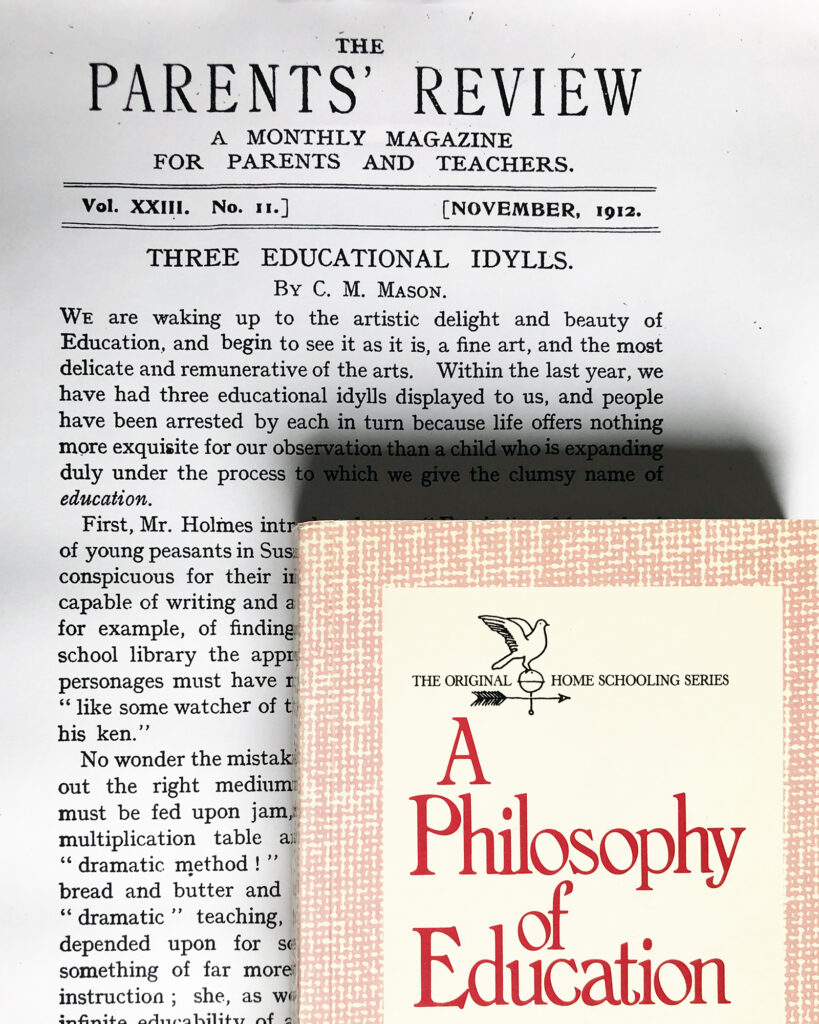CMP Review 2023-02-16
February 16, 2023

A friend recently emailed me: “The question then, is, whether or not CM started developing a theory of education that can and should be improved on? Or do you think her achievement was comprehensive enough to be taught as it is?”
Here’s my verbatim response to him:
That is a very interesting question. I can tell you how Charlotte Mason would have answered it. I think her 1912 article “Three Educational Idylls” should be required reading for all students of Charlotte Mason. (This article is what inspired the name for “The Idyll Challenge.“) In this article, Mason wrote:
“I lamented dolorously to her that the members of the Parents’ Union hardly seemed to realize that we stand for the most advanced, and, I suppose, the final movement in educational philosophy.”
She thought hers was “the final movement” in educational philosophy. As one whose life has been transformed by Mason’s life-giving ideas, I will not disagree.
That being said I would differentiate between her theory and an implementation of that theory in a particular place and time. Mason designed a curriculum for British students over a century ago; I don’t think that curriculum is applicable for 21st century Americans. So I don’t attempt to “re-enact” her programmes in my homeschool. Rather, I attempt to implement her principles in a way that reflects my context. And I actually think that is what Mason intended.
I believe Mason based her theory of education on two things that will never change: (1) the truth of Scripture and (2) the nature of the human person, including the physical brain. “Jesus Christ is the same yesterday, today, and forever,” as we read in Hebrews, and the plasticity of the brain is forever encoded in our DNA. To the extent to which Mason’s philosophy is built on those unshakable foundations, I feel that my personal calling is to understand it, not to improve it.
It is that understanding which I still seek, as I read and study every single day.
@artmiddlekauff